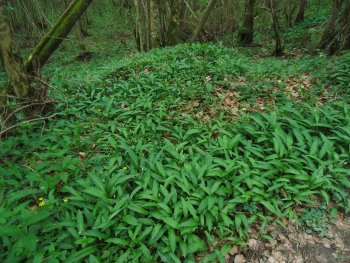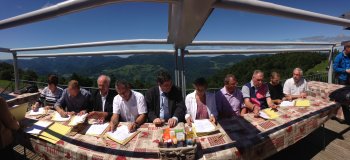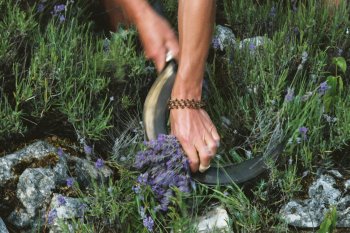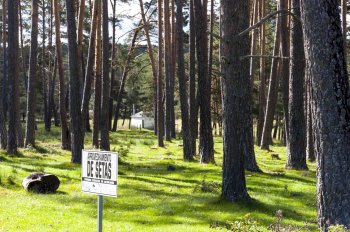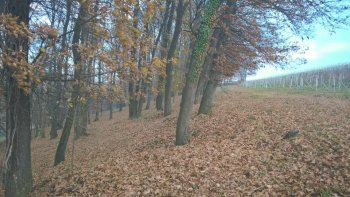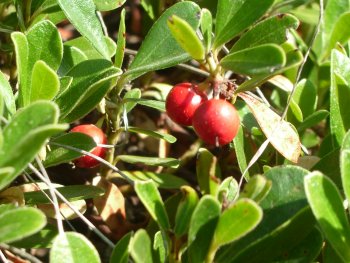Project PyCup: responsible practices for professional picking. An example of sustainable supply in AMP value chain
The PyCuP project is supporting the Pyrenean stakeholders in their reflexion and efforts toward a regulation of picking practices, for a sustainable valuation of the local wild plant resources. It aims at answering the main questions of the public about the role of such activities in a “wild mountain”. Therefore, the project creates awareness about the issues of these natural resources’ exploitation.

